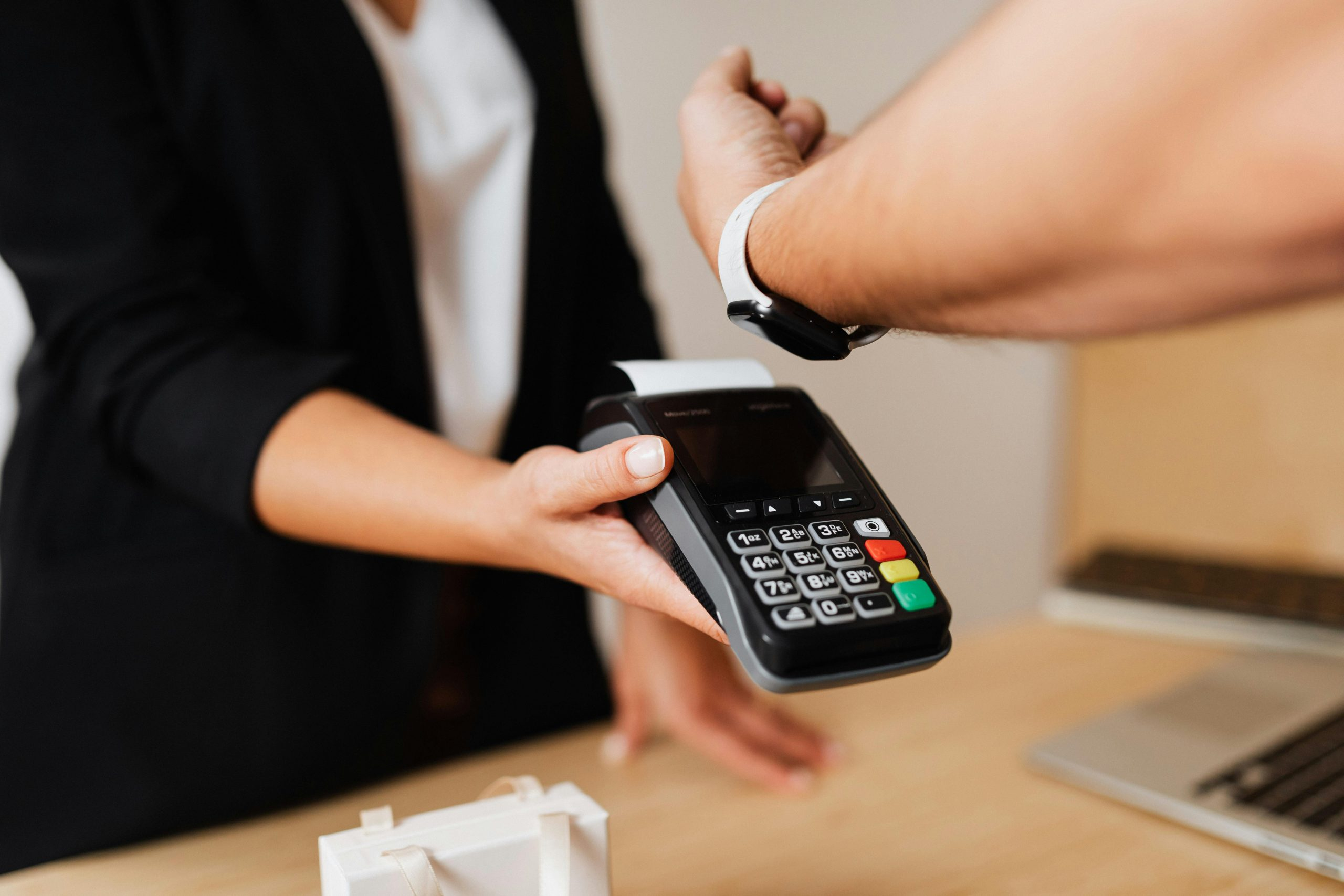The Challenge of Balancing Shopping Convenience with Privacy
In today’s digital age, shopping has become more convenient than ever before. With just a few clicks, we can purchase any item we desire and have it delivered right to our doorstep. However, this convenience often comes at a cost – our privacy. As the use of technology continues to expand, so does the amount of personal information that is collected and stored by retailers. This has led to a growing concern among consumers about the protection of their personal data. The challenge of balancing shopping convenience with privacy is an issue that needs to be addressed, not only by retailers but also by consumers themselves.
Privacy Concerns in Online Shopping
With the rise of e-commerce, online shopping has become the preferred method for many consumers. This comes as no surprise as it offers a hassle-free experience, especially for those with busy schedules. However, as we shop online, we leave behind a digital footprint of our browsing habits, purchase history, and personal details. This information is often collected and used by retailers to personalize our shopping experience and target us with advertisements. While this may seem harmless, it raises concerns about how our personal information is being used and shared without our knowledge or consent.
The Dilemma of Personalized Recommendations
One of the ways retailers use our personal information is by providing personalized recommendations based on our browsing history and purchase patterns. On one hand, this can enhance our shopping experience by suggesting products that we may be interested in. However, on the other hand, it can also feel invasive and raise concerns about how our data is being collected. The more we shop online, the more data retailers have on us, creating a never-ending cycle of personalized recommendations and potential privacy breaches.
The Risk of Data Breaches
In recent years, there has been a surge in data breaches, where personal information of millions of consumers has been compromised. The more data retailers collect, the more they become vulnerable to cyber-attacks. This puts consumers at risk of identity theft and other forms of fraud. Therefore, it is crucial for retailers to have strict security measures in place to protect the personal information of their customers. However, this can also hinder the convenience of online shopping as additional security measures, such as two-factor authentication, may be required to ensure the safety of our data.
The Role of Consumers
As consumers, we also have a responsibility to protect our privacy while shopping online. This includes being cautious about the information we provide and the permissions we give to retailers. We must also be aware of the privacy policies of the websites we shop from and understand how our data is being used. Opting out of personalized recommendations and limiting the amount of information we provide can also help prevent the misuse of our data.
The Importance of Educating Ourselves
With the increasing reliance on technology in our daily lives, it is essential for us to educate ourselves about online privacy. KnowIng how our data is being used and shared can help us make informed decisions about our online activities. We should also regularly review and update our privacy settings on the websites we use to ensure that we are in control of our personal information.
Supporting Companies That Prioritize Privacy
As consumers, we have the power of choice. We can choose to support companies that prioritize privacy and are transparent about their data collection and usage policies. This can send a message to other retailers that protecting consumer privacy is important, and they should prioritize it as well.
Conclusion
The challenge of balancing shopping convenience with privacy is a complex and ongoing issue that requires the cooperation of both retailers and consumers. Retailers must prioritize the protection of their customers’ personal information and be transparent about how the data is being used. On the other hand, consumers must also be aware of their online activities and take measures to protect their privacy. As technology continues to advance, it is our responsibility to ensure that our right to privacy is not compromised in the pursuit of shopping convenience.










